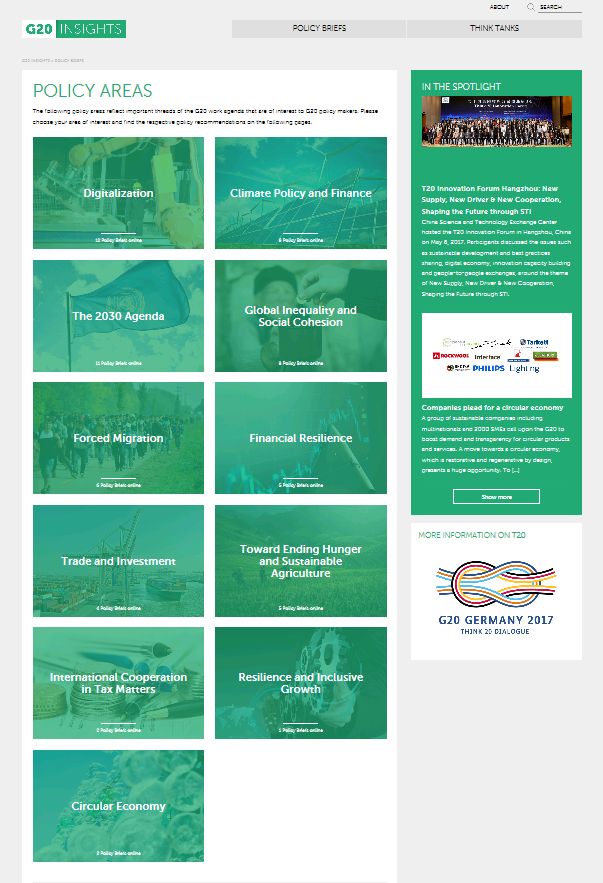
Transposition Frictions, Banking Union, and Integrated Financial Markets in Europe
In response to the financial crisis of 2007/2008, policymakers implemented comprehensive changes concerning the regulation and supervision of banks. Many of those changes, including Basel III or the directives pertaining to the Single Rulebook in the European Union (EU), are agreed upon at the supranational level, which constitutes a key step towards harmonized regulation and supervision in an integrated European financial market. However, the success of these reforms depends on the uniform and timely implementation at the national level. Avoiding strategic delays to implement EU regulation into national laws should thus constitute a main target of the G20.





